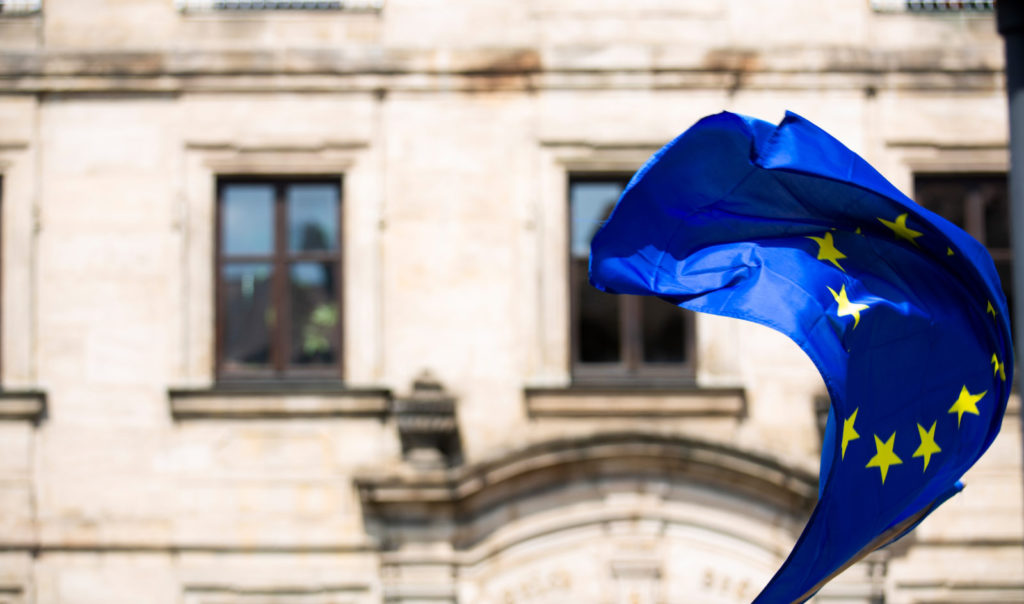The European tyre industry will contribute to achieve the new EU climate goals
Brussels, 17 September 2020 – The tyre industry welcomes the European Commission’s ambitious goal to reduce greenhouse gas emissions by 55% by 2030. This announcement also affirms Europe’s determination to continue striving for more innovative and sustainable mobility solutions to advance common interests. In light of the long-lasting impact of the COVID-19 crisis on European economy, including the tyre industry, the transition to a decarbonised and digitalised industry will need to support and strengthen Europe’s successful economic recovery and global competitiveness.
The European tyre industry is ready to contribute to the decarbonisation goals announced yesterday. Mobility has a role to play as a pillar of this ambition. That is why ETRMA’s members have been committed to reducing their CO2 footprint throughout the tyre life cycle and investing in innovative and sustainable mobility technologies for many years now.
Tyre manufacturers have actively pursued steps to decarbonise their manufacturing facilities throughout the EU. They also play an essential role in greening the mobility sector, optimising tyre technology to improve vehicle’s fuel efficiency and developing new digital services in transportation and tyre data solutions as an opportunity for economic recovery and sustainable mobility.
Looking towards the 2030 and 2050 goalposts, the tyre industry will continue building on these efforts and work closely with European and national institutions to make our shared vision of a greener future a reality while also maximizing road and passenger safety, health and comfort. To allow the tyre sector to prioritise contributing to these ambitious climate goals, policies that set the right priorities and follow progressive timetables with respect to all tyre performances will be essential.
These goals cannot be achieved without close coordination between Industry, the European Institutions and Member States. This coordination between different levels of governance needs a holistic approach to the green transition by including clear policies on industrial competitiveness, trade, digitalisation, skills and mobility.
“To ensure that this level of ambition becomes a reality, it needs to be sustained by equally ambitious financial support so that the green transition is achieved without leaving anyone behind. We therefore welcome the commitment of directing 37% of NextGenerationEU to support green projects and 20% to boost digital transformation,” concludes Fazilet Cinaralp, Secretary General of ETRMA.
